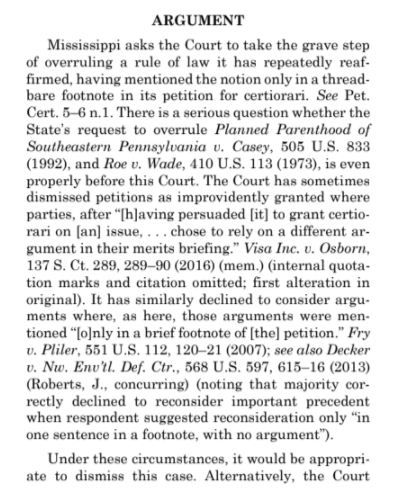
BREAKING: Supreme Court grants stay in Mr. Ramirez‘s Texas execution. He will not be put to death tonight. 
https://twitter.com/stevenmazie/status/1435730955159973889

The Court also grants certiorari, which means it will fully consider Ramirez's plea in an argued case in the term beginning next month.
On the shadow docket, the Court has handled at least three previous last-minute pleas for death-penalty stays based on the presence of clergy in the execution chamber.
Now the justices transfer the issue to their regular docket for full consideration.
Now the justices transfer the issue to their regular docket for full consideration.
This is a welcome development, as the previous attempts to handle these life-or-death questions at a moment's notice without oral argument were rather shoddy and inconsistent by the estimation of many.
In March 2019, the Court granted a Buddhist's plea to have a spiritual advisor in the execution chamber just weeks after denying a similar plea from a Muslim prisoner.
https://twitter.com/stevenmazie/status/1111692868341678082?s=20
Note: this is a (temporary) win for the religious liberty of a death-row inmate. It is not an anti-death penalty order. Ramirez will, by all accounts, eventually be executed. The question is what kind of spiritual guidance the law affords him in his final moments.
• • •
Missing some Tweet in this thread? You can try to
force a refresh













